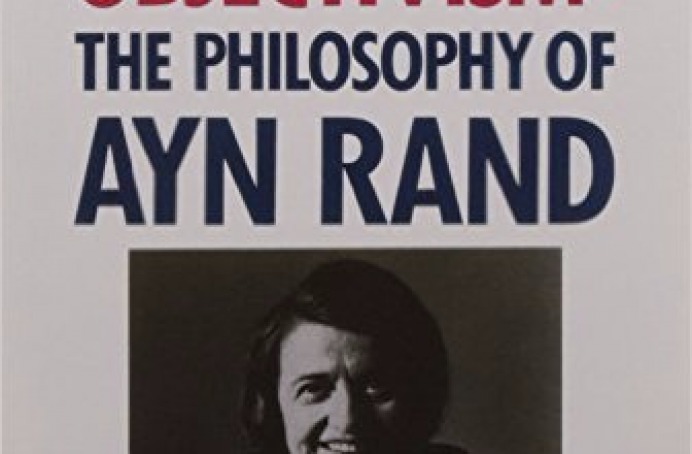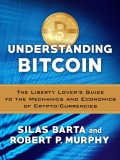Book

Objectivism: The Philosophy of Ayn Rand
THE 25TH ANNIVERSARY EDITION—The definitive statement of Ayn Rand’s philosophy as interpreted by her best student and chosen heir.
This brilliantly conceived and organized book is Dr. Leonard Peikoff’s classic text on the abstract principles and practical applications of Objectivism, based on his lecture series “The Philosophy of Objectivism.” Ayn Rand said of these lectures: “Until or unless I write a comprehensive treatise on my philosophy, Dr. Peikoff’s course is the only authorized presentation of the entire theoretical structure of Objectivism—that is, the only one that I know of my knowledge to be fully accurate.”
In Objectivism, Peikoff covers every philosophic topic that Rand regarded as important—from certainty to money, from logic to art, from measurement to sex. Drawn from Rand’s published works as well as in-depth conversations between her and Peikoff, these chapters illuminate Objectivism—and its creator—with startling clarity. With Objectivism, the millions of readers who have been transformed by Atlas Shrugged and The Fountainhead will discover the full philosophical system underlying Ayn Rand’s work.
This brilliantly conceived and organized book is Dr. Leonard Peikoff’s classic text on the abstract principles and practical applications of Objectivism, based on his lecture series “The Philosophy of Objectivism.” Ayn Rand said of these lectures: “Until or unless I write a comprehensive treatise on my philosophy, Dr. Peikoff’s course is the only authorized presentation of the entire theoretical structure of Objectivism—that is, the only one that I know of my knowledge to be fully accurate.”
In Objectivism, Peikoff covers every philosophic topic that Rand regarded as important—from certainty to money, from logic to art, from measurement to sex. Drawn from Rand’s published works as well as in-depth conversations between her and Peikoff, these chapters illuminate Objectivism—and its creator—with startling clarity. With Objectivism, the millions of readers who have been transformed by Atlas Shrugged and The Fountainhead will discover the full philosophical system underlying Ayn Rand’s work.
aboutLiberty Portal
Liberty Portal is your gateway for free markets and free thinking. We aggregate open-sourced content to promote and popularize important people and lessons within the liberty movement.
suggested
Robert P. Murphy & Silas Barta
Understanding Bitcoin

This free e-book from economist Bob Murphy and coauthor Silas Barta is an excellent introduction to the technical and economic aspects of Bitcoin and cryptocurrencies.
Read more
Tom Woods
Diary Of A Psychosis: How Public Health Disgraced Itself During COVID Mania

Diary of a Psychosis is different from all other books on Covid: it traces the development of the government response as it happened, bit by bit, and subjects it to relentless scrutiny: did any of it do any good? It thereby preserves some of the crucial day-to-day details that other chronicles have forgotten. And it's those little details of the bizarre behavior of those years that, presented together, preserve for the reader the full horror of the madness of those dark days. The more people know the information in this book, the harder it will be for the ruling classes to do this to us again.
Read more
Mike Cernovich
Spanking Children is Immoral and Ineffective: How is this controversial?

FREE article by Mike Cernovich on the ethics of hitting children
Read more


